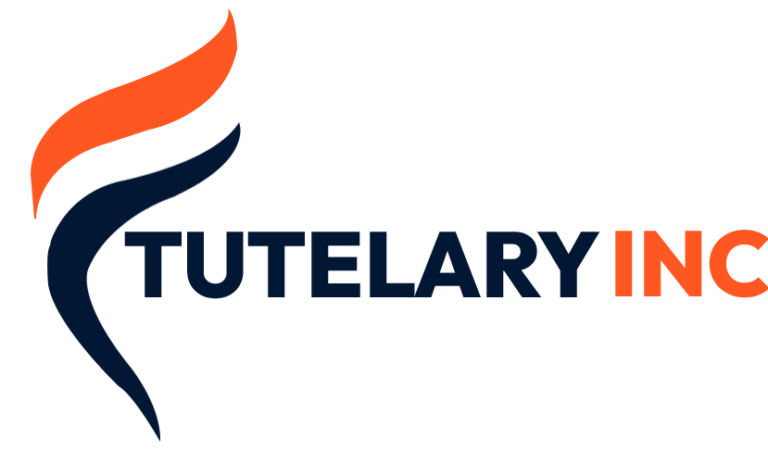Technology Solutions

Cloud Data Engineering
Cloud Data Engineering involves the design, development, and management of data pipelines and infrastructure using cloud platforms like AWS, Snowflake, GCP, and Azure. It focuses on collecting, transforming, and storing data efficiently, enabling organizations to leverage scalable and cost-effective solutions for data processing and analysis.
Cloud Infra(AWS, GCP and Azure)
Cloud Infra refers to the infrastructure services provided by major cloud providers like AWS, GCP, and Azure. It enables businesses to deploy, scale, and manage applications and data in the cloud. These platforms offer a range of services including virtual machines, storage, databases, networking, and more. With high scalability, flexibility, and pay-as-you-go pricing, cloud infrastructures have become essential for businesses to leverage the benefits of cloud computing and meet their computing needs efficiently.
.Net and Java Full Stack
The .NET and Java Full Stack are comprehensive frameworks used for building robust and scalable web applications. .NET focuses on Microsoft technologies and languages like C#, while Java encompasses a wide range of platforms and languages. Both offer extensive libraries, tools, and support for front-end and back-end development, making them popular choices for ‘creating versatile and powerful applications.
Business Intelligence
ODI (Oracle Data Integrator) is an ETL (Extract, Transform, Load) tool used for data integration and management. OBIEE (Oracle Business Intelligence Enterprise Edition) provides a comprehensive suite of BI tools for reporting, ad-hoc querying, and analysis. Informatica is a popular ETL tool for data integration and transformation. Tableau, Power BI, and QlikView are powerful data visualization tools that enable users to analyze and present data in an intuitive and interactive manner. Talend is an open-source integration tool that offers data integration, data quality, and big data solutions.
QA( Manual and Automation)
QA (Quality Assurance) encompasses both manual and automation testing. Manual testing involves human testers executing test cases and verifying the functionality of software applications. Automation testing, on the other hand, uses tools and scripts to perform tests, increasing efficiency and accuracy. Both approaches are crucial for ensuring the quality, reliability, and performance of software systems.
Scrum Masters and Project Managers
Scrum Masters and Project Managers are key roles in managing and coordinating team efforts. Scrum Masters focus on facilitating Agile development processes, ensuring effective collaboration, and removing obstacles. Project Managers oversee the entire project lifecycle, managing resources, schedules, and budgets to ensure successful project completion. Both roles play crucial parts in delivering high- quality projects on time and within budget
